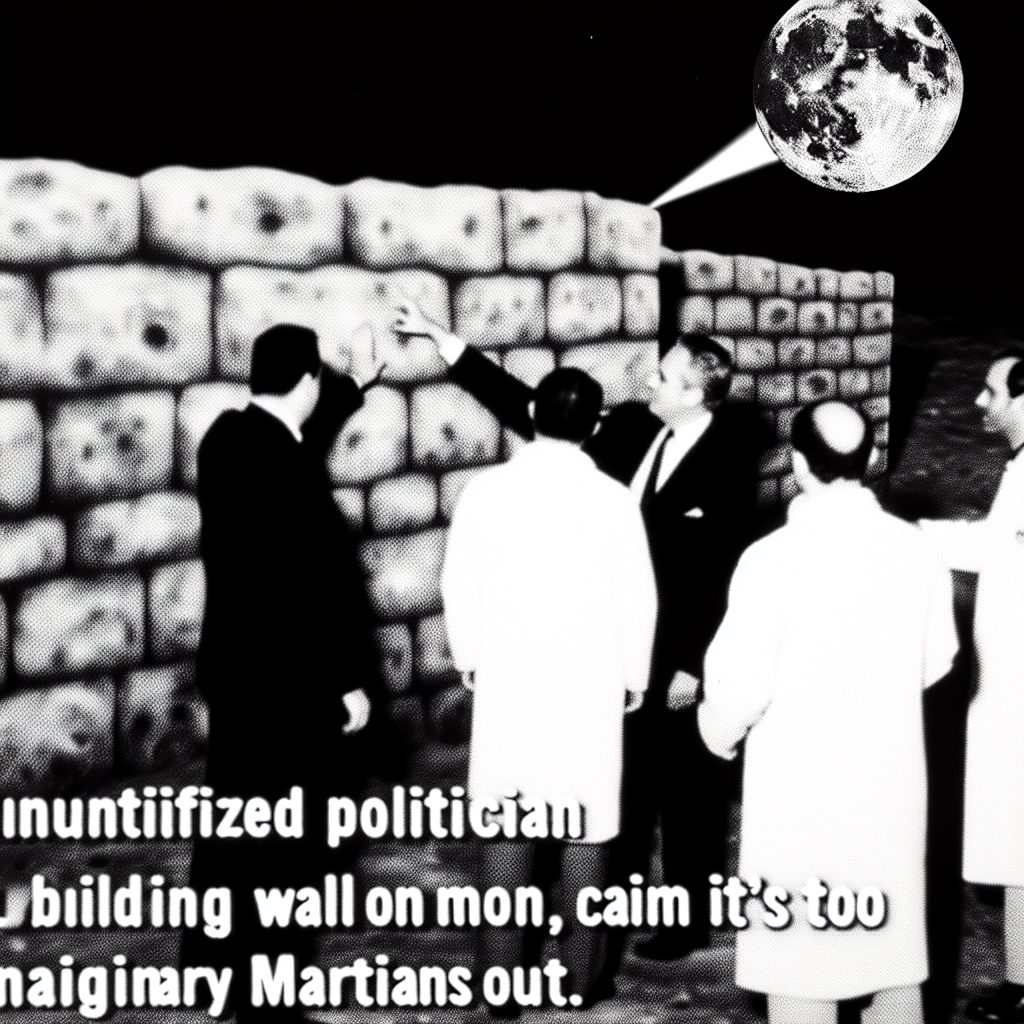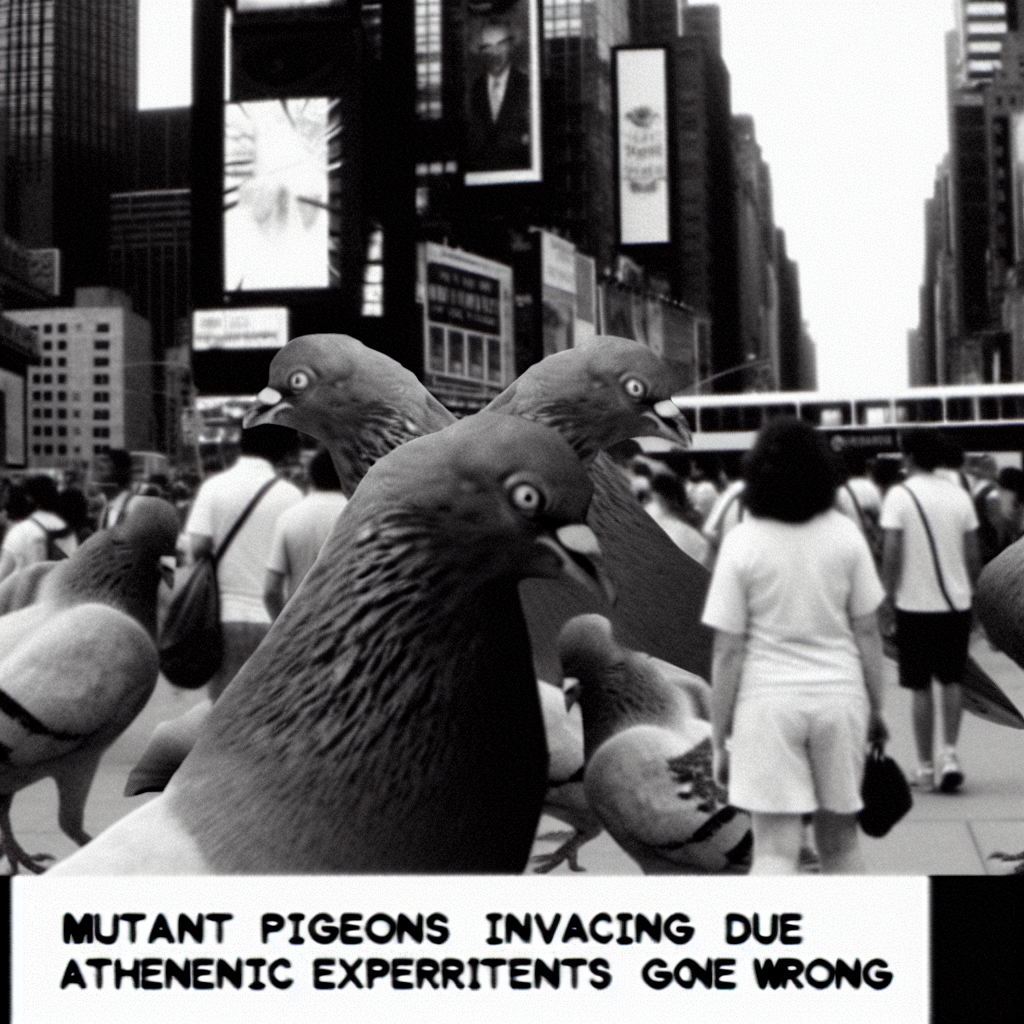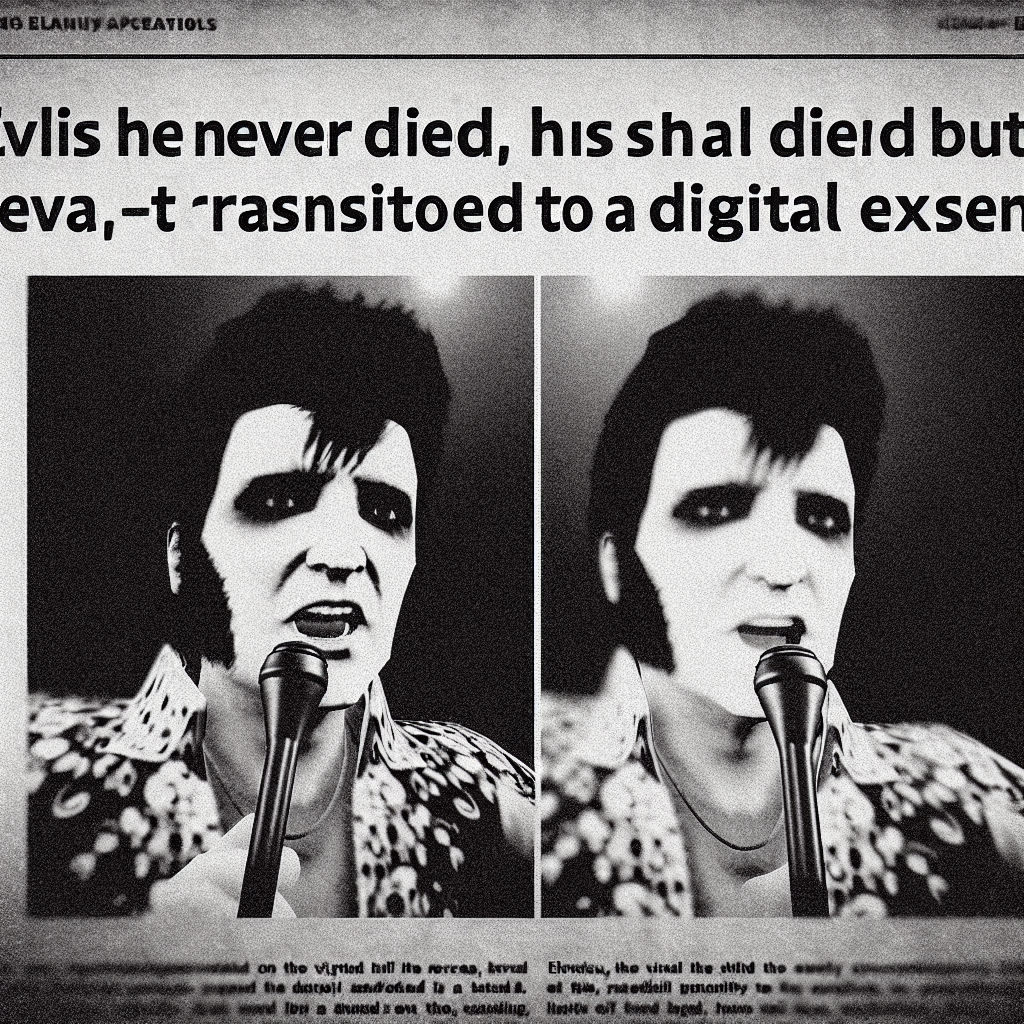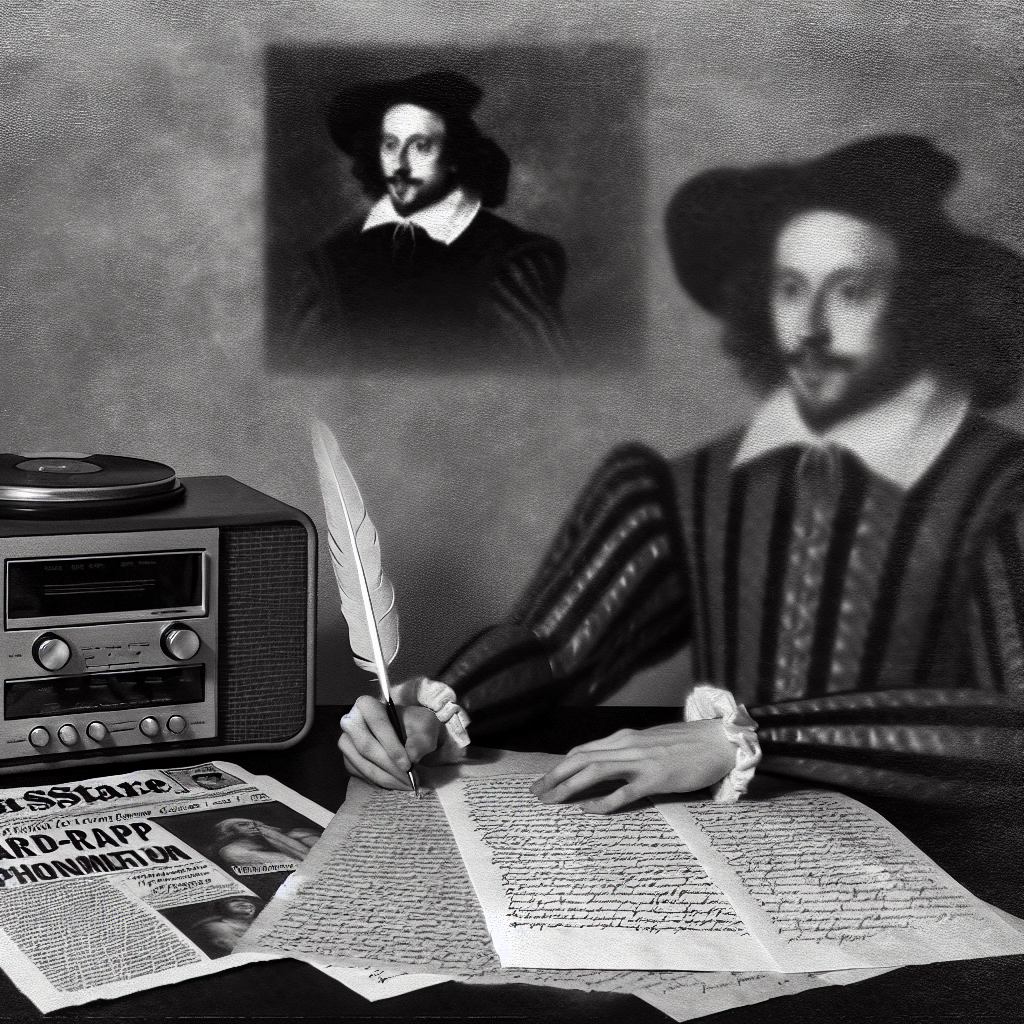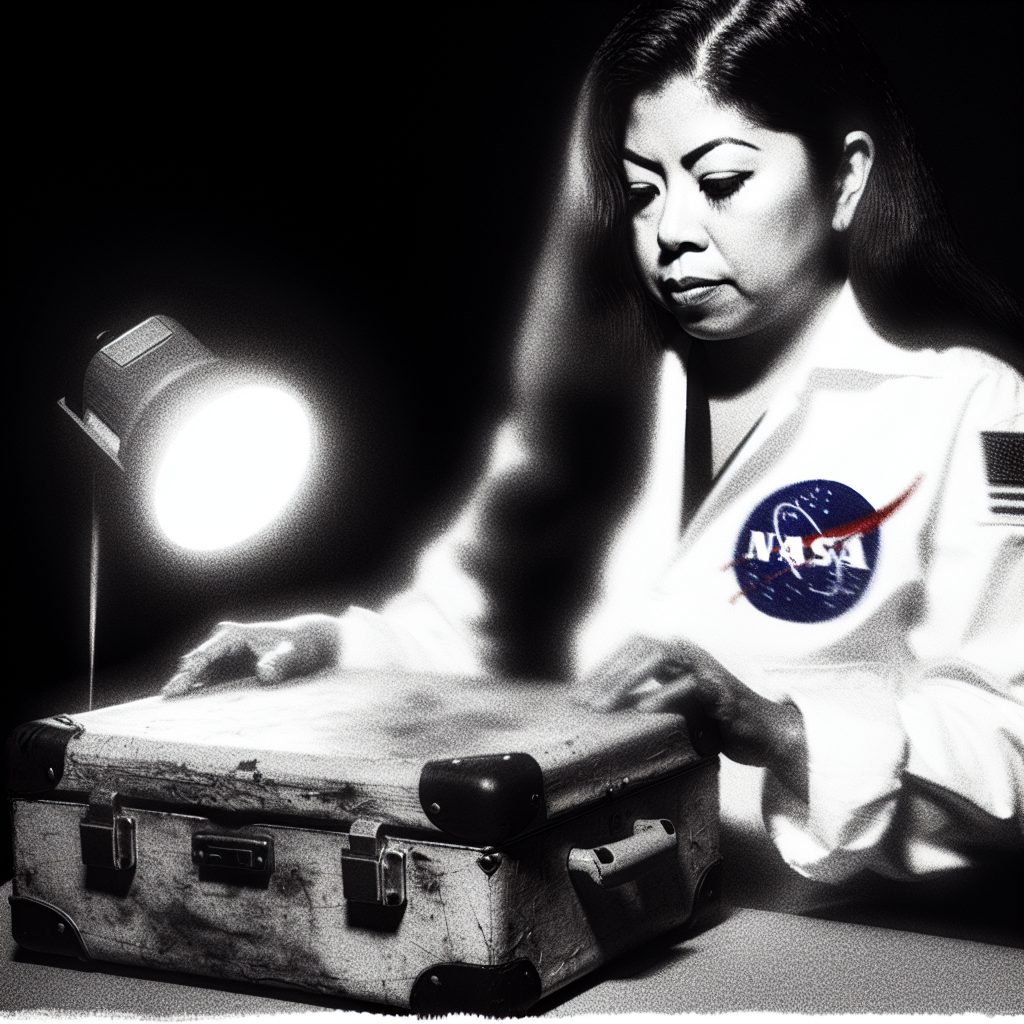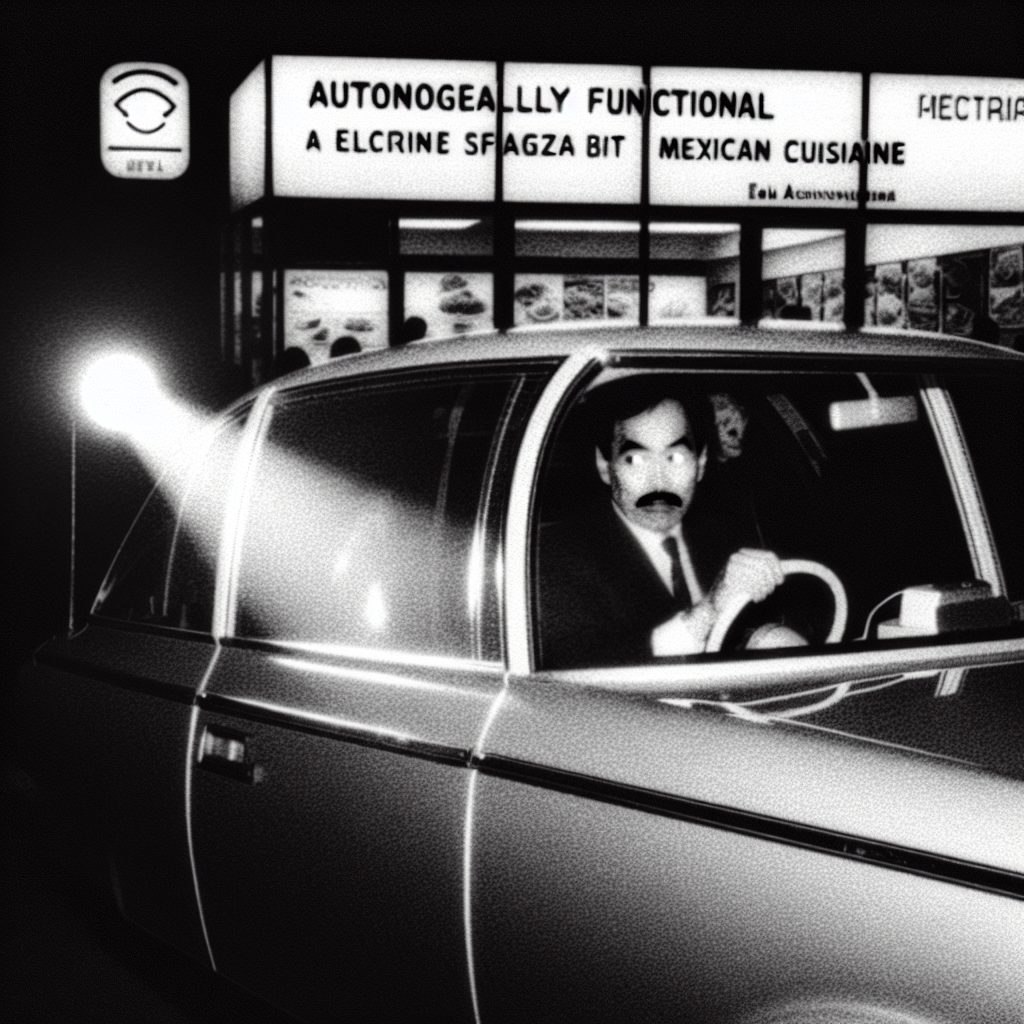Cloned Shakespeare writes rap album
Critics call it “bard-core”
STRATFORD-UPON-AVON, ENGLAND – In a shocking development that has rocked the literary world, a team of maverick scientists claim to have successfully cloned the revered Bard of Avon himself, William Shakespeare. And in a twist that has left critics and scholars alike scratching their heads, the cloned Shakespeare has taken a decidedly modern turn, releasing a controversial rap album that has been dubbed “bard-core.”
The bizarre saga began when a clandestine group of renegade geneticists, operating under the code name “Project Immortal Quill,” managed to extract DNA samples from one of Shakespeare’s preserved teeth. Using cutting-edge cloning techniques, they were able to create a genetic duplicate of the legendary playwright.
“We wanted to bring back the greatest literary mind of all time and give him a fresh canvas to work with,” explained Dr. Vivian Wordsworth, the lead scientist on the project. “Little did we know that the Bard’s creative genius would manifest itself in such an unexpected way.”
As the cloned Shakespeare grew and developed, it became apparent that his interests lay not in the lofty realms of iambic pentameter and soliloquies, but rather in the gritty world of hip-hop and rap music.
“Yo, what’s up, my homies? It’s the original G, Willy Shakes, droppin’ some sick rhymes straight outta Stratford,” the cloned Shakespeare proclaimed in his debut music video, clad in baggy jeans and a backwards baseball cap.
The album, titled “Thine Ill Beats,” has sent shockwaves through the literary community, with critics and academics divided over its merits. Some have hailed it as a groundbreaking fusion of high art and urban culture, while others have decried it as a desecration of Shakespeare’s legacy.
“It’s like he’s taken the richness of the English language and twisted it into something wholly new and unexplored,” gushed Professor Beatrix Rhymesayer of Oxford University. “His wordplay and metaphors are simply off the chain.”
However, not everyone shares her enthusiasm. “This is a travesty of epic proportions,” fumed Dr. Reginald Quillsworth, a renowned Shakespearean scholar. “The Bard is rolling in his grave at this abomination.”
Amidst the controversy, the cloned Shakespeare has remained unfazed, even hinting at plans for a follow-up album that will explore the intersection of classical theatre and heavy metal music.
“Yo, my next joint’s gonna be straight fire, bro,” he declared. “We’re talkin’ ‘Hamlet’ meets Metallica, son!”
The characters and events depicted in this story are entirely fictitious. Any similarity to real persons, living or dead, or to actual events is unintentional and purely coincidental.



